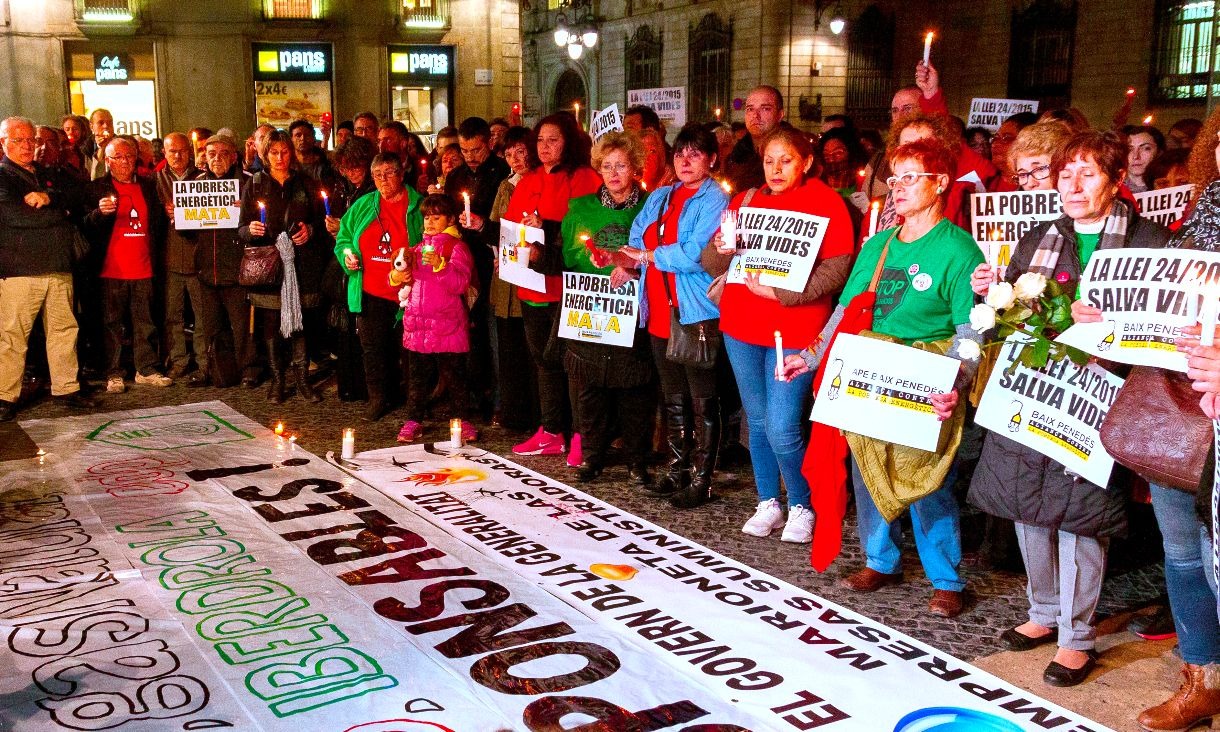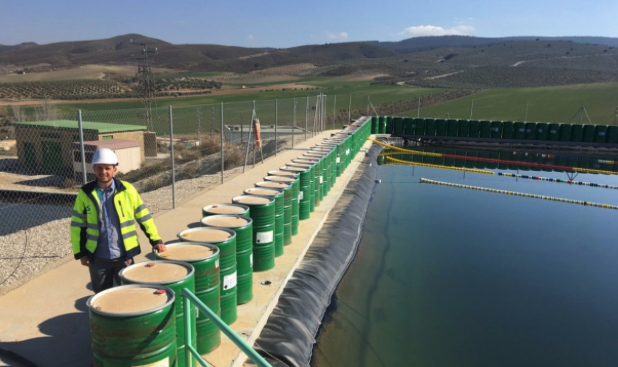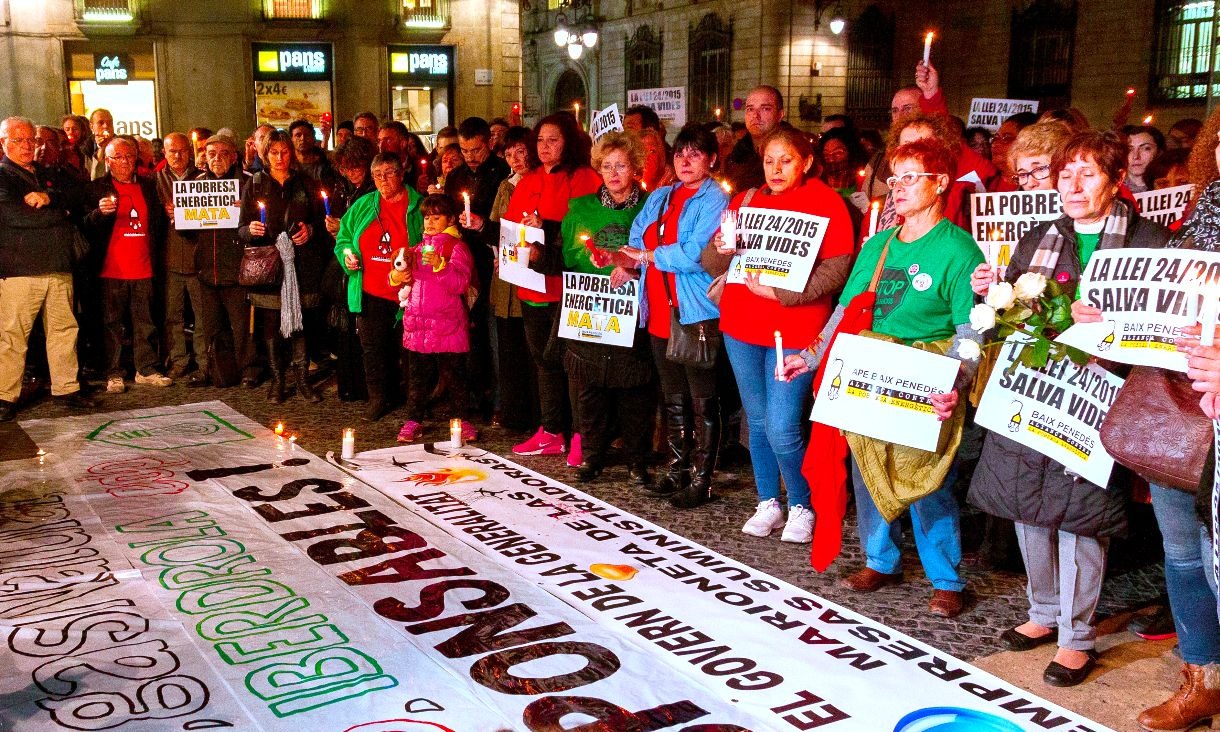The RMIT report, Indicators of energy poverty in the city of Barcelona, revealed that in 2016 around 170,000 people in Barcelona couldn't maintain an adequate temperature in their homes during winter or pay their utility bills on time, putting their access to domestic energy services at risk.
The report used data from the EU Survey on Income and Living Conditions (SILC).
These finding were recently presented in Barcelona by RMIT Europe researcher Dr Sergio Tirado and Laia Ortiz, a social rights councillor for Barcelona City Council.
The results also showed that several thousand people had their energy supply disconnected in the same year, either forcibly or voluntarily, because of financial difficulties in their household.
Dr Sergio Tirado, the researcher behind the report, said that one of the worst consequences of energy poverty is supply loss because a household's residents cannot afford to pay the bills and ends up in debt with the supplier.
"In a city where most people use electricity-based heating to stay warm, vulnerable consumers are often subject to unfavourable conditions in their electricity supply contracts and remain unaware of the options to have their bills reduced," Tirado said.
Spain is one of the most expensive countries for household electricity in the European Union according to Eurostat.
Tirado said that the people most affected by this reality are low-income families, single-parent households and families that rent flats instead of owning a home.
"The data collected also evidenced a link between energy poverty and housing insecurity – a serious issue in a city that has seen a double-digit increase in rental prices in recent years," he said.
"It also highlighted gender as a key energy vulnerability factor and acknowledged the active role of women in sustaining their household’s needs and in seeking external support."





